Chinese fishing boat captain arrested in waters close to Japan
Sun 03 Feb 2019, 16:59:57
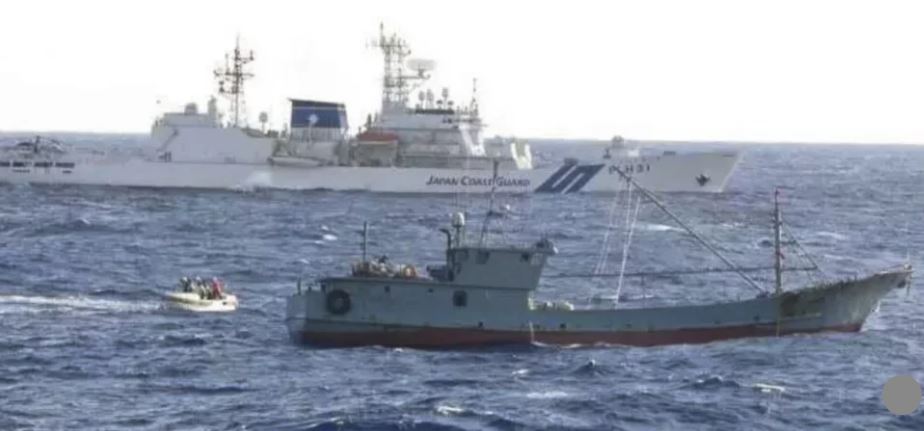
A Chinese fishing boat captain has been arrested in waters close to Japan, according to state media in the island nation.
Chen Wenting, 40, was detained by the Japanese coastguard on Saturday morning on suspicion of violating Japan’s fishing rights and trying to avoid inspection, NHK reported.
The incident happened on the same day China’s Foreign Minister Wang Yi told visiting Japanese senior deputy minister for foreign affairs Takeo Mori that 2019 was going to be an “important year” for ties between the two countries.
Chen and his crew of 10 were spotted inside Japan’s exclusive economic zone, about 300km (186 miles) southeast of Hahajima, a tiny island in the western Pacific about 1,000km south of Tokyo, the report said.
But when a coastguard vessel from Yokohama sounded a siren and issued instructions to stop, Chen turned and fled. The Japanese boat went in pursuit and after a 30km chase, the Chinese vessel was forced to stop.
Chen was detained pending further investigation, the report said.
China’s foreign ministry did not immediately respond to requests for comment.
There have been many
cases of Chinese fishermen being arrested by Japanese authorities, with perhaps the most notable coming in 2010 when a Chinese trawler rammed a Japanesecoastguard vessel near the disputed Diaoyu Islands – known as Senkaku in Japan – in the East China Sea.
cases of Chinese fishermen being arrested by Japanese authorities, with perhaps the most notable coming in 2010 when a Chinese trawler rammed a Japanese
When the Chinese crew were arrested it prompted huge outpourings of nationalist sentiment in both countries and tensions between them rose significantly.
Relations got back on track last year after Li Keqiang in May became the first Chinese premier since 2011 to visit Japan, and Japanese Prime Minister Shinzo Abe visited Beijing in October. The trips led to the two sides agreeing to increase cooperation on trade in the face of growing unilateralism from the United States.
According to a press release from China’s foreign ministry, Wang told Mori on Saturday that the two countries should “be each other’s partner, not threat”.
“We should do our best to avoid new turbulence,” he said. “Amid this international uncertainty ensuring a stable bilateral relationship will benefit our coordination in international and regional affairs.”
No Comments For This Post, Be first to write a Comment.
Most viewed from International
Most viewed from World
AIMIM News
Latest Urdu News
Most Viewed
May 26, 2020
Do you think Canada-India relations will improve under New PM Mark Carney?
Latest Videos View All
Like Us
Home
About Us
Advertise With Us
All Polls
Epaper Archives
Privacy Policy
Contact Us
Download Etemaad App
© 2025 Etemaad Daily News, All Rights Reserved.


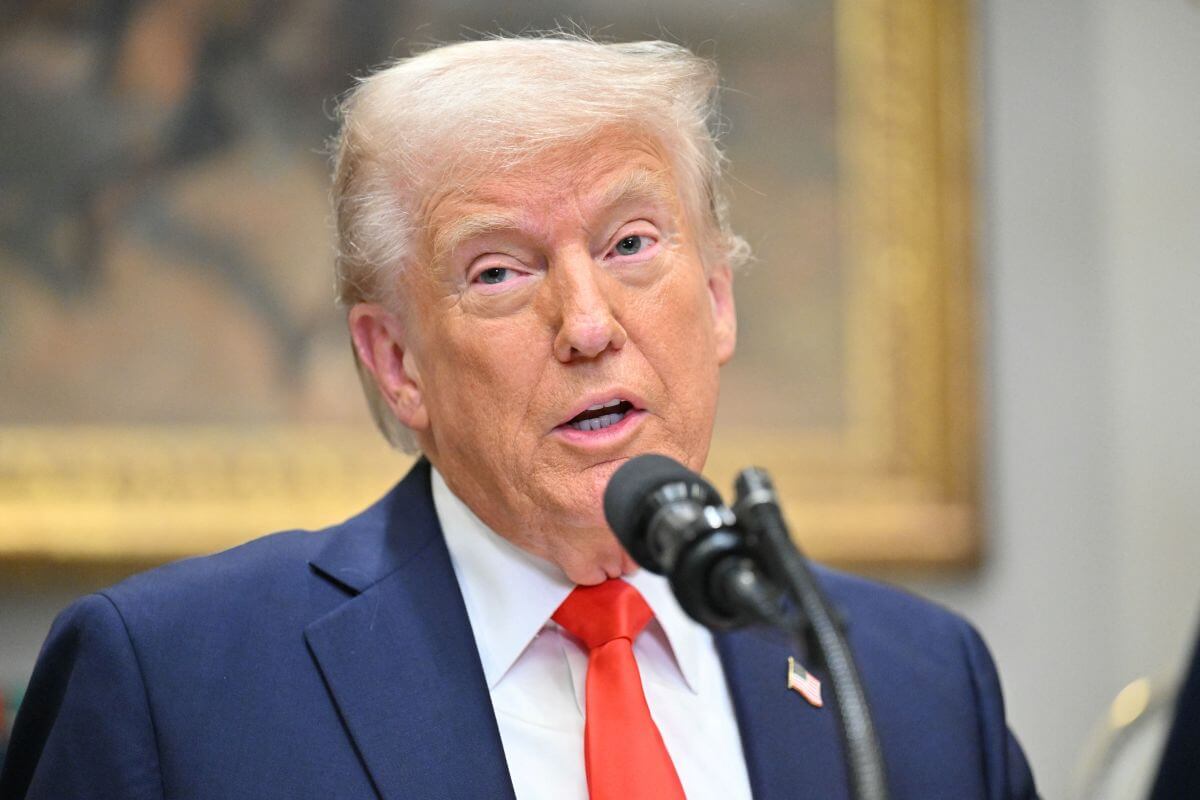
.jpg)

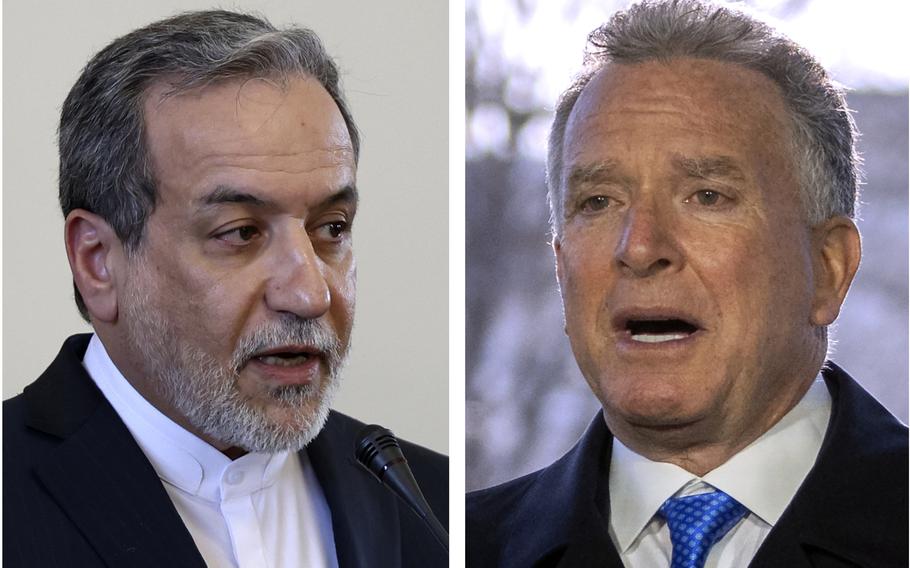

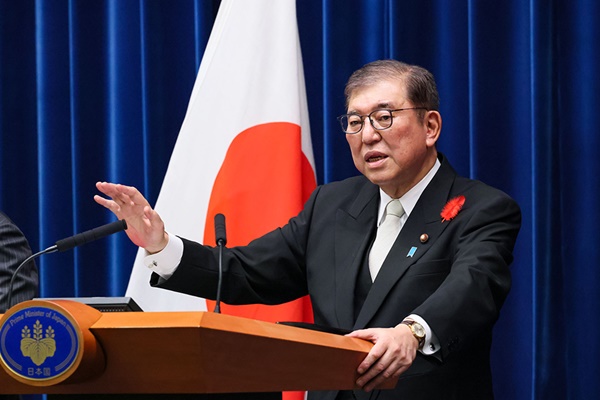
.jpg)
.jpg)
.jpg)
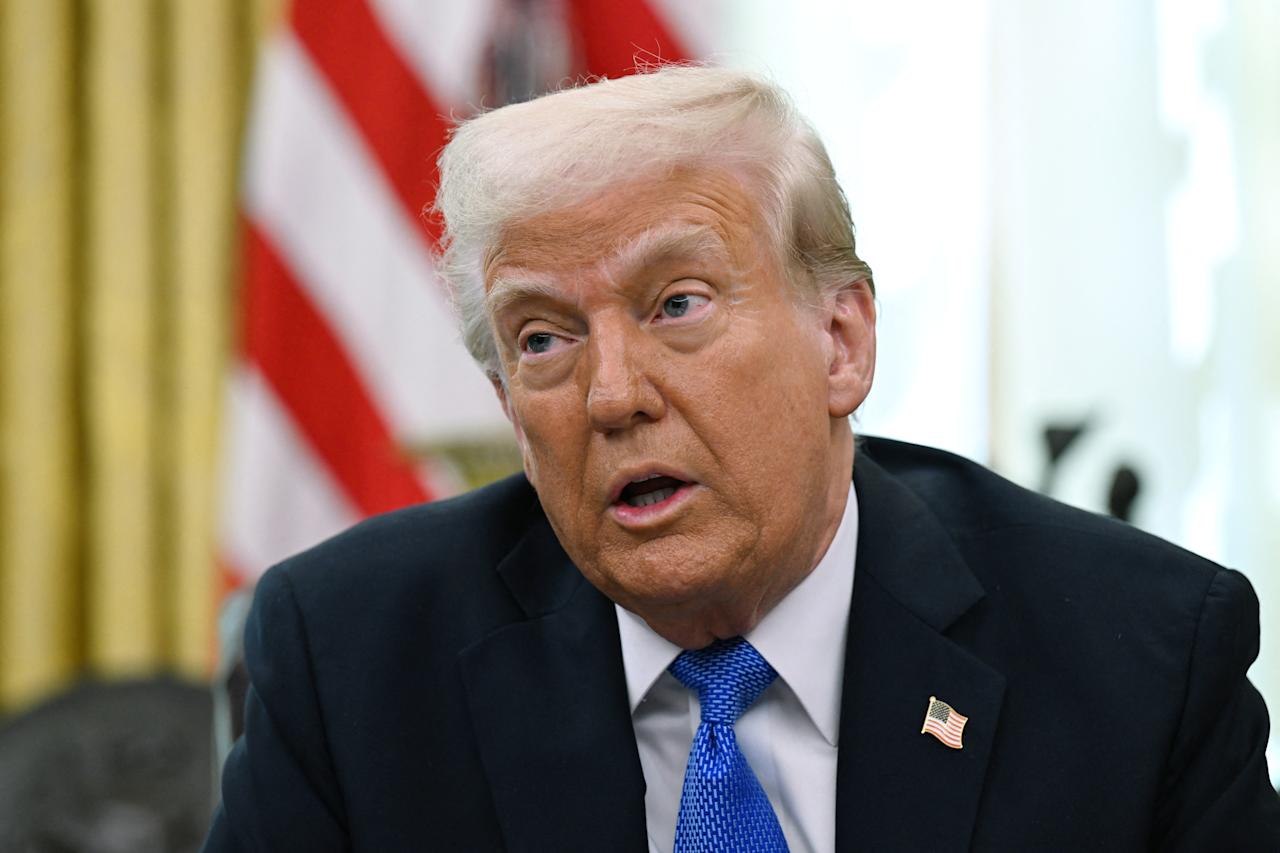
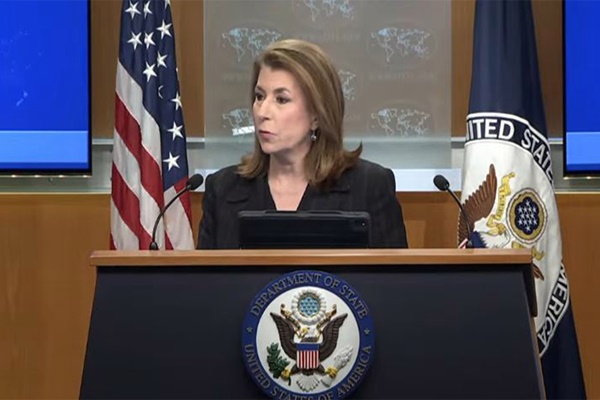



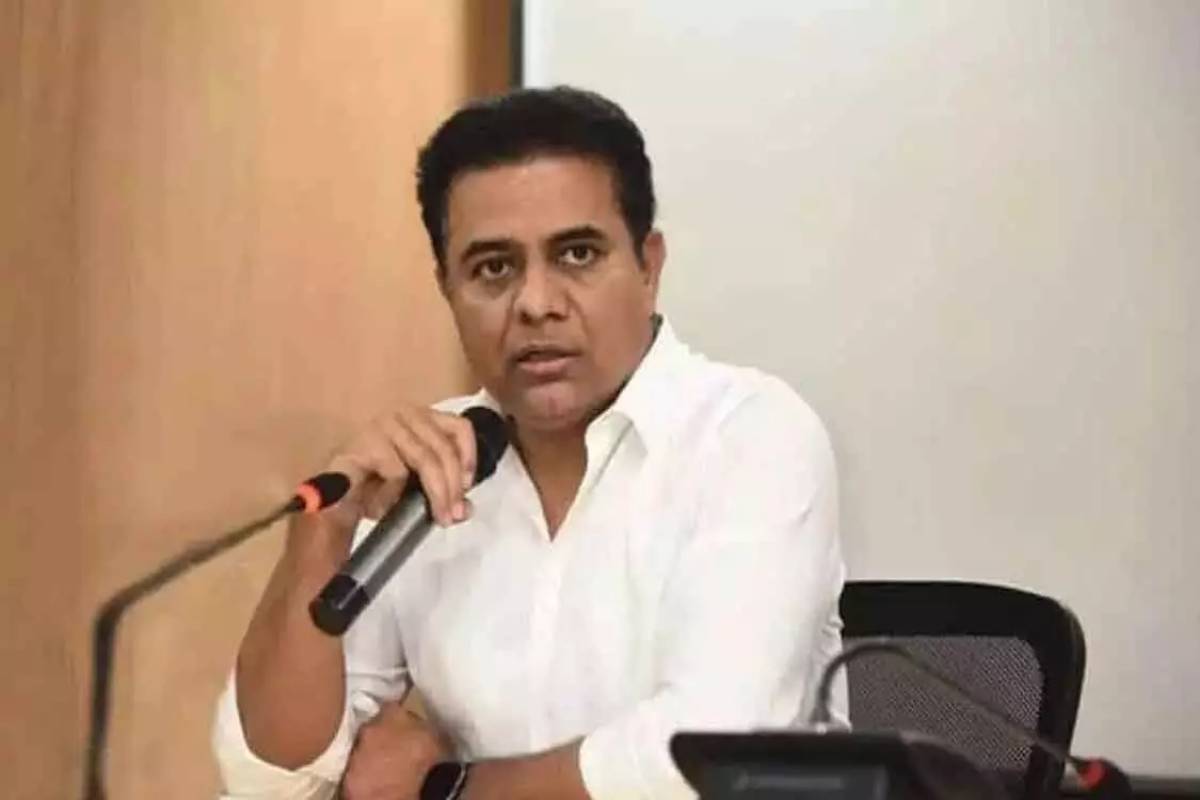



.jpg)
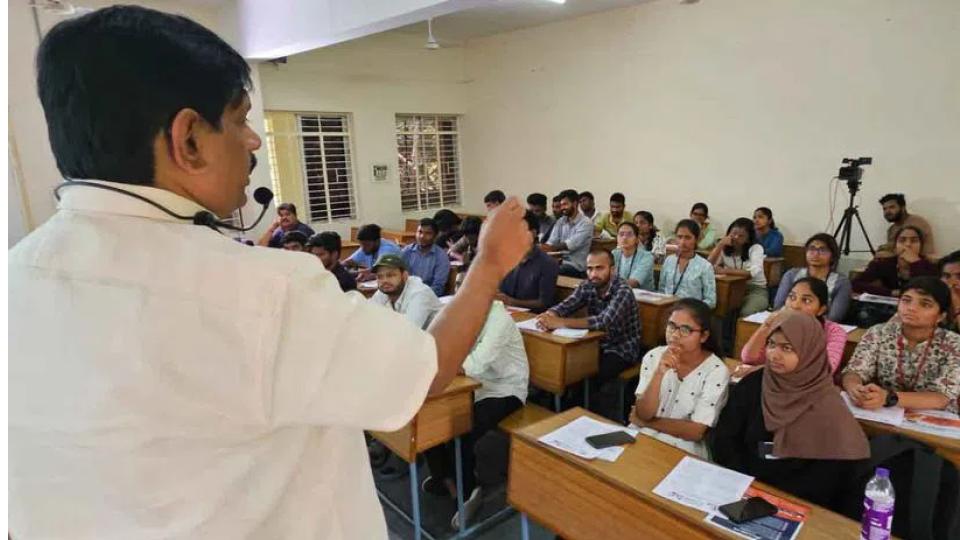
.jpg)
.jpg)
.jpg)

















